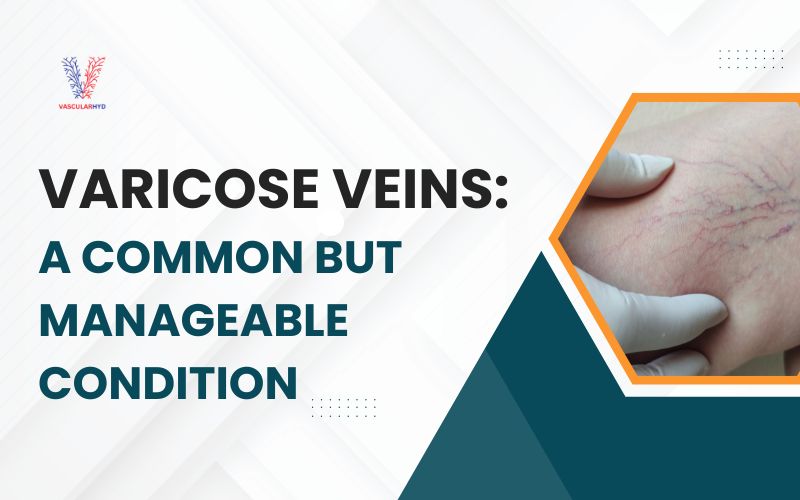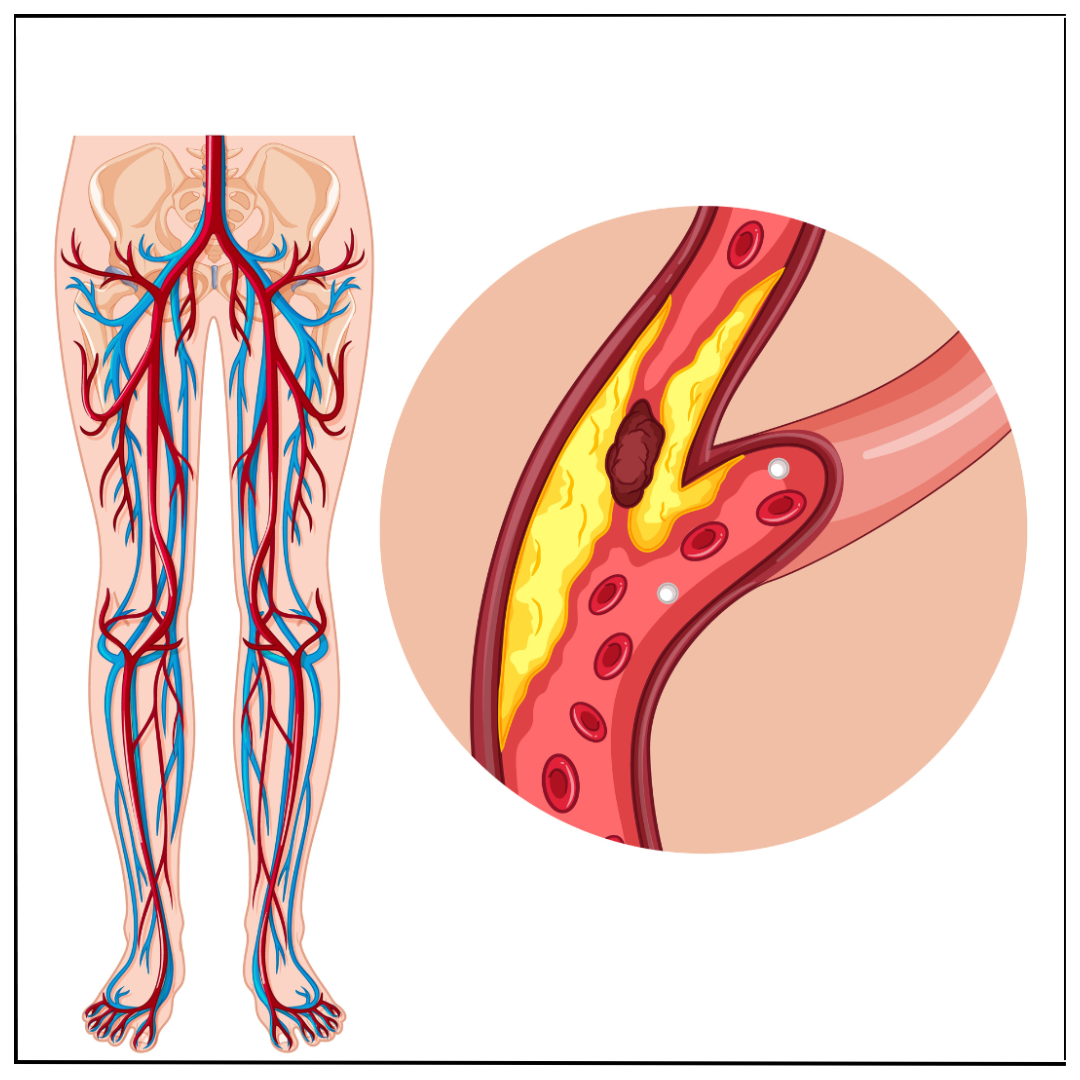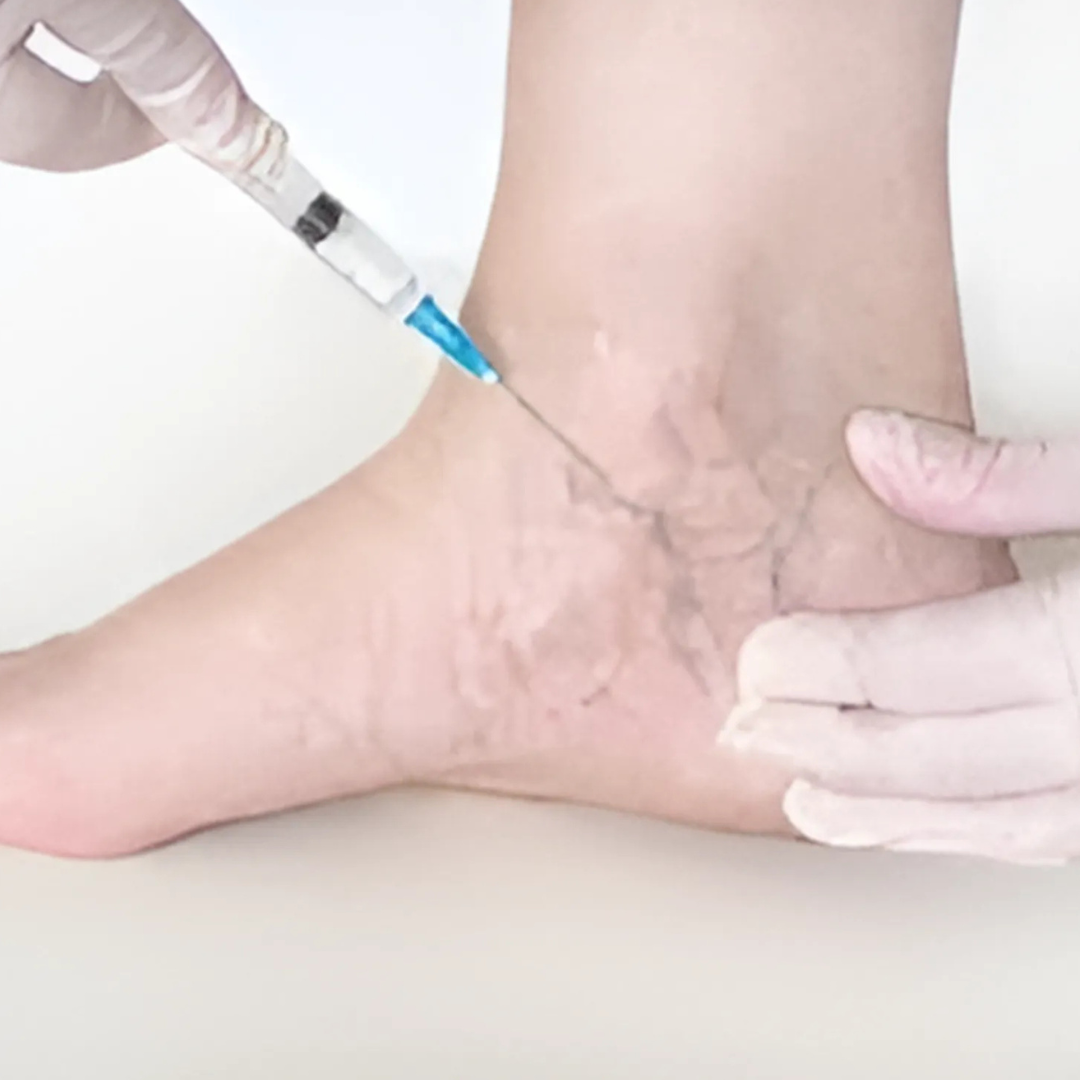They occur due to weakened or damaged valves in the veins, which causes blood to flow backward and pool, leading to twisted, enlarged veins visible just beneath the skin. Although they often start as a cosmetic concern, varicose veins can cause discomfort and lead to more serious complications if left untreated.
Why Do Varicose Veins Develop?
Several factors can contribute to the development of varicose veins, including:
- Age: Vein walls and valves may weaken over time.
- Genetics: A family history increases the likelihood.
- Occupation: Jobs that require prolonged standing or sitting.
- Pregnancy: Hormonal changes and increased blood volume strain veins.
- Obesity: Extra pressure on leg veins.
- Lifestyle: Lack of physical activity can contribute to poor blood circulation.
Understanding these risk factors helps in early recognition and prevention.
Recognizing the Signs: Symptoms of Varicose Veins
Varicose veins manifest in various ways and knowing the symptoms can help identify when to seek advice:
- Visible swollen, bluish or purple veins that appear twisted or bulging.
- Aching or heavy sensation in the legs, especially after standing or sitting for long periods.
- Burning or throbbing pain, cramps, or muscle fatigue in the legs.
- Swelling around the ankles and feet.
- Itching and skin irritation around the affected veins.
- Skin changes such as dryness, discoloration, or ulcers in advanced cases.
If these symptoms persist or worsen, it is important to consult a vascular specialist.
How Varicose Veins Affect Your Health: More than Just Cosmetic
While many people consider varicose veins a cosmetic issue, they can impact overall vascular health. Complications can include:
- Chronic venous insufficiency, where veins cannot pump enough blood back to the heart.
- Leg swelling and pain, affecting mobility and quality of life.
- Skin ulcers and infections, which can be slow to heal.
- Blood clots in superficial or deep veins.
Early diagnosis and management are essential to prevent these issues.
Diagnosis: What to Expect During Your Vascular Assessment
At VascularHYD, the evaluation process involves a detailed clinical examination and non-invasive diagnostic tests such as:
- Duplex ultrasound scanning to visualize blood flow and vein structure.
- Physical examination to assess skin changes and pulse.
- Medical history review to identify risk factors and symptoms.
This comprehensive approach ensures accurate diagnosis and personalized treatment planning.
Varicose Vein Treatment: Approaches to Restore Healthy Circulation
Treatment depends on the severity and symptoms and ranges from conservative measures to advanced procedures:
- Lifestyle Changes: Exercise, leg elevation, and weight management to improve circulation.
- Compression Therapy: Medical-grade graduated compression stockings that support veins and reduce swelling.
- Minimally Invasive Procedures:
- Sclerotherapy — injecting a solution to close the affected veins.
- Endovenous Laser Therapy (EVLT) — using laser energy to seal faulty veins.
- Radiofrequency Ablation — applying heat to close the damaged veins.
- Glue Therapy – Non - thermal closure of veins with no pain.
- Surgical Options: For extensive varicose veins, a vascular surgeon may recommend vein stripping or ligation.
Each treatment option aims to alleviate symptoms, prevent complications, and improve leg appearance.
Living with Varicose Veins: Preventive Tips and Care Recommendations
Managing varicose veins often includes daily habits to support vascular health:
- Avoid long periods of standing or sitting without breaks.
- Regular physical activity such as walking or swimming.
- Elevating legs when resting to reduce pressure.
- Wearing loose-fitting clothing that does not restrict blood flow.
- Maintaining a healthy weight and balanced diet.
Such measures can improve symptoms and slow the progression of vein disease.
When to Seek Specialist Care from Dr. Rahul Agarwal at VascularHYD
If varicose veins cause discomfort, pain, or skin changes, or if there is concern about potential complications, consulting a vascular specialist is recommended. Dr. Rahul Agarwal in Hyderabad offers thorough evaluations using modern diagnostic tools and evidence-based treatments tailored to individual needs. Early intervention can improve long-term outcomes and quality of life.





 What You Need to Know.jpg)

.png)

 (1).png)